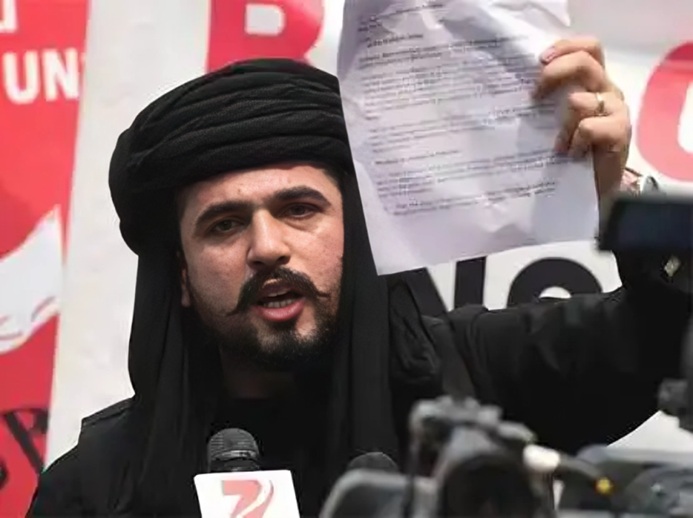In a momentous development that has sent ripples across South Asia and the global geopolitical landscape, the Baloch leader Mir Yar Baloch has declared the independence of Balochistan, officially severing ties with Pakistan. The long-standing tensions between the Baloch people and the Pakistani state have culminated in what is now being referred to as the “Birth of a Nation.” This historic declaration marks a turning point in the region’s complex political history and could have far-reaching consequences for the future of Pakistan, as well as stability in the broader region.
Historical Background
The roots of the Balochistan conflict can be traced back to the early days of Pakistan’s formation. In 1947, when the British Raj was dissolved, Balochistan was a region composed of several princely states, the largest of which was the Khanate of Kalat. Initially, Kalat sought to remain independent and did not accede to Pakistan immediately. However, in 1948, Pakistan annexed Kalat under controversial circumstances, which sowed the seeds of distrust and discontent among the Baloch people.
Since then, the Baloch population has expressed deep dissatisfaction over what they describe as systematic exploitation of their natural resources, lack of political representation, economic marginalization, and suppression of their cultural identity. Multiple insurgencies have erupted in Balochistan over the decades, with several Baloch nationalist groups demanding autonomy or outright independence.
The Declaration of Independence
On May 14, 2025, Mir Yar Baloch, a prominent Baloch nationalist leader and long-time advocate for self-determination, made a bold and definitive statement. Speaking from an undisclosed location in the Baloch heartland, he announced the formation of the Republic of Balochistan as a sovereign and independent nation, free from Pakistani rule.
“The people of Balochistan have endured decades of occupation, oppression, and economic exploitation,” Mir Yar Baloch declared in a public statement. “Today, we take our destiny into our own hands. Balochistan is now a free nation. This is not just a political move; it is the fulfillment of a historical and moral obligation to our people.”

The declaration was accompanied by the unveiling of a national flag and a provisional government-in-exile. Pro-independence demonstrations were reported in various cities within the region, and celebratory gatherings were held among the Baloch diaspora around the world.
International Reactions
The international response to the announcement has been cautious. Major world powers have yet to formally recognize the Republic of Balochistan, though human rights organizations and advocacy groups have long expressed concern over Pakistan’s treatment of the Baloch population.
India, which has often voiced support for Baloch rights, responded with guarded approval, urging Pakistan to resolve the matter through dialogue. Meanwhile, China, with its heavy investment in the China-Pakistan Economic Corridor (CPEC) that runs through Balochistan, expressed concern over regional stability and called for restraint from all parties.
The Pakistani government swiftly denounced the declaration as unconstitutional and labeled Mir Yar Baloch a separatist and traitor. The authorities have reportedly increased military presence in key parts of Balochistan and are taking measures to curb unrest.
The Road Ahead
The path forward for the newly declared Republic of Balochistan remains uncertain. While the symbolic declaration of independence marks a pivotal moment, many practical challenges lie ahead. Chief among them is gaining international recognition, establishing administrative control over the region, and ensuring peace and stability in a historically volatile area.
Additionally, the region faces deep-rooted infrastructure, education, and healthcare challenges. With years of underdevelopment and political neglect, building a sustainable, functioning government will require time, support, and perhaps most importantly, unity among the diverse Baloch factions.
Mir Yar Baloch has called upon all Baloch groups, both armed and political, to come together under a common banner and work toward the reconstruction of a peaceful and democratic republic. He also extended an olive branch to neighboring countries, promising a foreign policy based on non-interference, peaceful coexistence, and regional cooperation.
Conclusion
The declaration of independence by Mir Yar Baloch is a monumental step in the Baloch nationalist movement’s long journey. Whether Balochistan will be able to assert itself as a stable, independent nation on the global stage remains to be seen. However, what is clear is that the voice of the Baloch people—long suppressed and often ignored—has now echoed loud and clear. The coming months will be critical in determining how this story unfolds, not just for Balochistan, but for South Asia as a whole.
